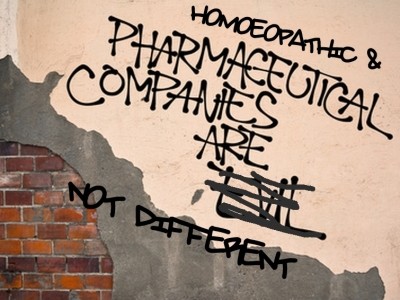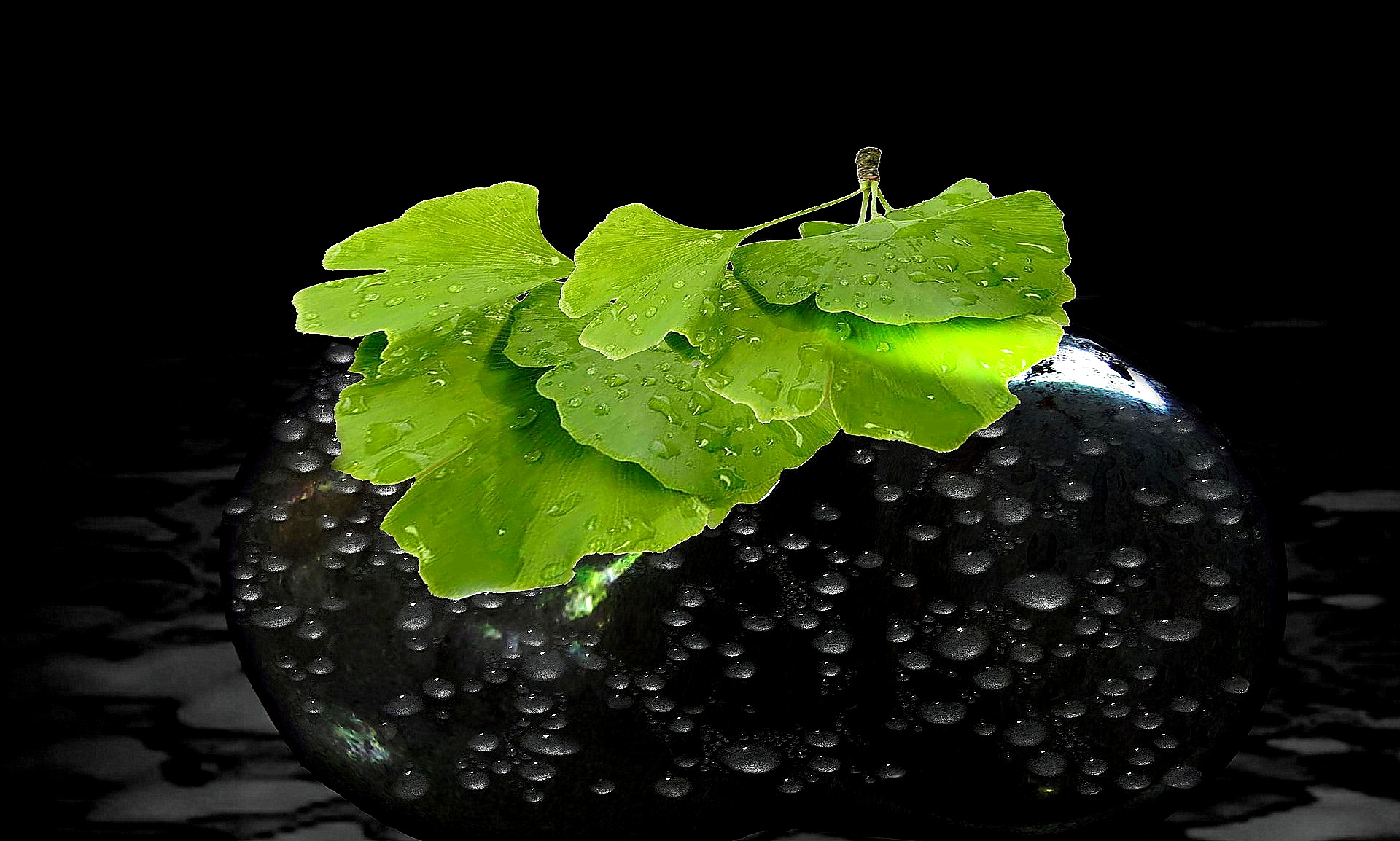… …and are homeopathy critics willing servants of the pharmaceutical industry?

Both are ineradicable narratives that we encounter daily. Behind this idea are assumptions that have simply nothing to do with reality.
And why do we want to tell you a lot about it? We know very well that there are many reasons why people cling to homeopathy despite all the scientific arguments. We would also like to reach them with our information because we believe in the persuasive power of valid arguments. One of these causes and motives for believing certain positions to be “true” – as the constant references in our discussions to the “bad” pharmaceutical industry and the “good” homeopathic production show – is the story of the oppressed and the strong, which cognitively exerts a great attraction in forming opinions. At the very least, it has the function of evading important arguments and apparently taking a higher moral position. We understand that.
But this is not only a fundamental problem in the assessment of complex things and the search for a personal position, but in the case of homeopathy it is simply a grossly false assumption. We would like to substantiate this factually in the following.
First, you will not find any “partisanship” for the pharmaceutical industry anywhere in the scientifically based homeopathy criticism as advocated by INH. Homeopathic criticism does not serve individual interests but aims at an overall better medicine oriented towards the well-being of the patient.
Second, one can read again and again in many critical articles on homeopathy that it is not about “more chemistry”, but about greater confidence in the self-healing powers and the so often self-regulating natural courses of disease. Where homeopathic remedies seem to “work”, they only use the self-healing powers and contextual effects of the treatment. There, pharmaceutical drugs are usually just as superfluous as homeopathy. Where homeopathy cannot achieve anything when the self-healing powers are overtaxed, the domain of scientifically based medicine begins. This obviously has nothing to do with “pharmaceuticals instead of homeopathy”.
Third, homeopathic manufacturers consider themselves to be part of the (manufacturing and distributing) pharmaceutical industry – and vice versa (not an issue here are associations of the researching pharmaceutical industry – what interests should homeopaths have there…). Nobody questions each other there. This is proven by the membership of the homeopathic manufacturers in the large associations of the pharmaceutical industry. These associations themselves take the offensive for homeopathy. They maintain extensive information pages on homeopathy on their websites, and one of the large associations also operates a separate homeopathy portal.
And fourth, the pharmaceutical associations are rather unfriendly to the critics of homeopathy. One of the fiercest attacks against the 2017 statement on homeopathy by EASAC (the advisory board of the Association of European Academies of Science) comes from the German Pharmaceutical Industry Association BPI. Not only does it attempt to discredit high-ranking scientists on a personal level, the BPI comes seriously up to the statement that its “aim (…) is to strengthen the criticism of (…) scientific arguments against homeopathic products“. Read this twice. This is the statement of an association whose main business is based on stringent scientific methodology.
All this is underlined by the fact that when high-ranking representatives of the German health system criticised the eligibility of homeopathy for reimbursement by health insurance companies, these associations unanimously spoke out against any restriction of homeopathy in the public health system.
This does not sound as if one is in friendly favour of scientifically based homeopathic criticism. And so far, no one has been able to answer the counter-question of what should motivate the pharmaceutical industry to take on and reward homeopathy critics as “paid writers”, “willing servants” or what even stronger expressions there are.
Fifth, by the way: mistakes, shortcomings and scandals in the pharmaceutical industry in no way relativize homeopathic criticism and do not make homeopathy any more effective; pointing the finger at it is a diversionary tactic, it is called “whataboutism”.
And sixth. many well-known homeopathy critics also repeatedly practice clear and well-founded criticism of the pharmaceutical industry and health care system in articles, interviews and books – in keeping the goal of advocating better medicine overall. There is by no means the one-sidedness that homeopathy critics are accused of again and again against all facts and all logic.
Bad pharmaceutical industry – good homeopathic manufacturers – the pseudo-moral “argument”
The seemingly moral pseudo-argument that the products of the pharmaceutical industry are responsible for thousands of deaths and additional illnesses also belongs in the realm of whataboutism: the fact that homeopathy is a complete therapeutic approach based on specifically ineffective remedies and must, therefore, itself be regarded as a potential risk is being ignored. Despite all the criticizable shortcomings (and unavoidable failures), the classical pharmaceutical industry produces many effective, often vital drugs and often moves in the drug development process on economically and medically uncertain terrain. Homeopathy, on the other hand, markets remedies that have never been able to prove a specific medicinal effect – its “research” is obsolete, since it primarily serves to self-justify its method (“confirmation research”) and is not able to produce any “progress” as a contribution to medicine.
But the power of money…
Nevertheless, advocates of homeopathy often invoke the supposed argument that “the pharmaceutical lobby” would suppress homeopathy out of purely profit-oriented self-interest. Many aspects are mixed up here, especially the general criticism of “the large corporations” with general criticism of capitalism and with the imagined counter-image of a rather romantic idea of “simple life” and “back to nature”, with “old knowledge” and “tradition”.
“Handmade” products are idealized, industrial production, on the other hand, is seen as “soulless” and thus being “demonized”. However, the fact that homeopathic manufacturers are just as much industrial businesses and large companies is completely overlooked. Homeopathy followers seem to believe that the globules are produced in small businesses – located somewhere in the countryside in untouched nature, with a herb garden just behind the house. In homeopathy advertising, it is often almost associated that globules grow on small trees and are gently stroked by fairy-like creatures.
Only reality looks completely different and offers no clue for transfiguring associations. According to the usual standards in the European Union, companies with up to 250 employees are considered so-called SMEs (small and medium-sized enterprises). In any case, the most important companies producing homeopathic remedies are well above this limit.
Particularly remarkable in this sector (as for the German-speaking countries, but also with international participation) is the dominance of two groups, the Schwabe Group and Delton AG.
The Dr. Willmar Schwabe GmbH & Co. KG is the parent company of the Schwabe group with 3 600 employees and a turnover of EUR 900 million. The Schwabe Group also includes a whole series of the best-known homeopathy companies. For example the Deutsche Homöopathie-Union DHU Arzneimittel (DHU), Karlsruhe and ISO-Arzneimittel GmbH & Co. KG, Ettlingen. The well-known Austrian company Dr. Peithner KG is also a 100% subsidiary of the Schwabe Group.
The sole shareholder of Delton AG is Stefan Quandt. Delton AG also owns Biologische Heilmittel Heel GmbH, another well-known representative of the homeopathy sector. Figures from Heel can be found here, for example (2). Stefan Quandt is a member of the German entrepreneurial family of the same name, a billionaire and one of the richest Germans. The homeopathic products of these companies account for the vast majority of sales on the German market.
Of course, there are also medium-sized companies (KMU) among the homeopathic manufacturers. However, these often specialized manufacturers also achieve sales in the double-digit million range and are strictly organized as manufacturing companies, also in the above-mentioned associations.
The idyllically transfigured image of the homeopathy industry, which many globule consumers have created for themselves and which is still being fueled by homeopathy advertising, must, therefore, be described as a whitewash illusion. It’s quite simply a homeopathic industry organized according to purely economic criteria and, to a large extent, nothing more than big business.
If you also consider the raw material side of homeopathy, it becomes clear what huge profits can be made in this industry.
The fact that homeopathy must feel threatened from one side or another due to a lack of economic power can therefore easily be attributed to the realm of fairy tales and legends.
You can find the transparency declaration of the Homeopathy Information Network here.
Authors for the INH: Dipl.-Ing. Karl Payer, physicist; Udo Endruscheit
(1) Website Comp. Willmar Schwabe (German)
(2) http://www.heel.de/de/facts-and-figures.html
Picture credits: Fotolia_123885823_XS


5 Replies to “Is mighty “BigPharma” suppressing Homeopathy…?”
Comments are closed.